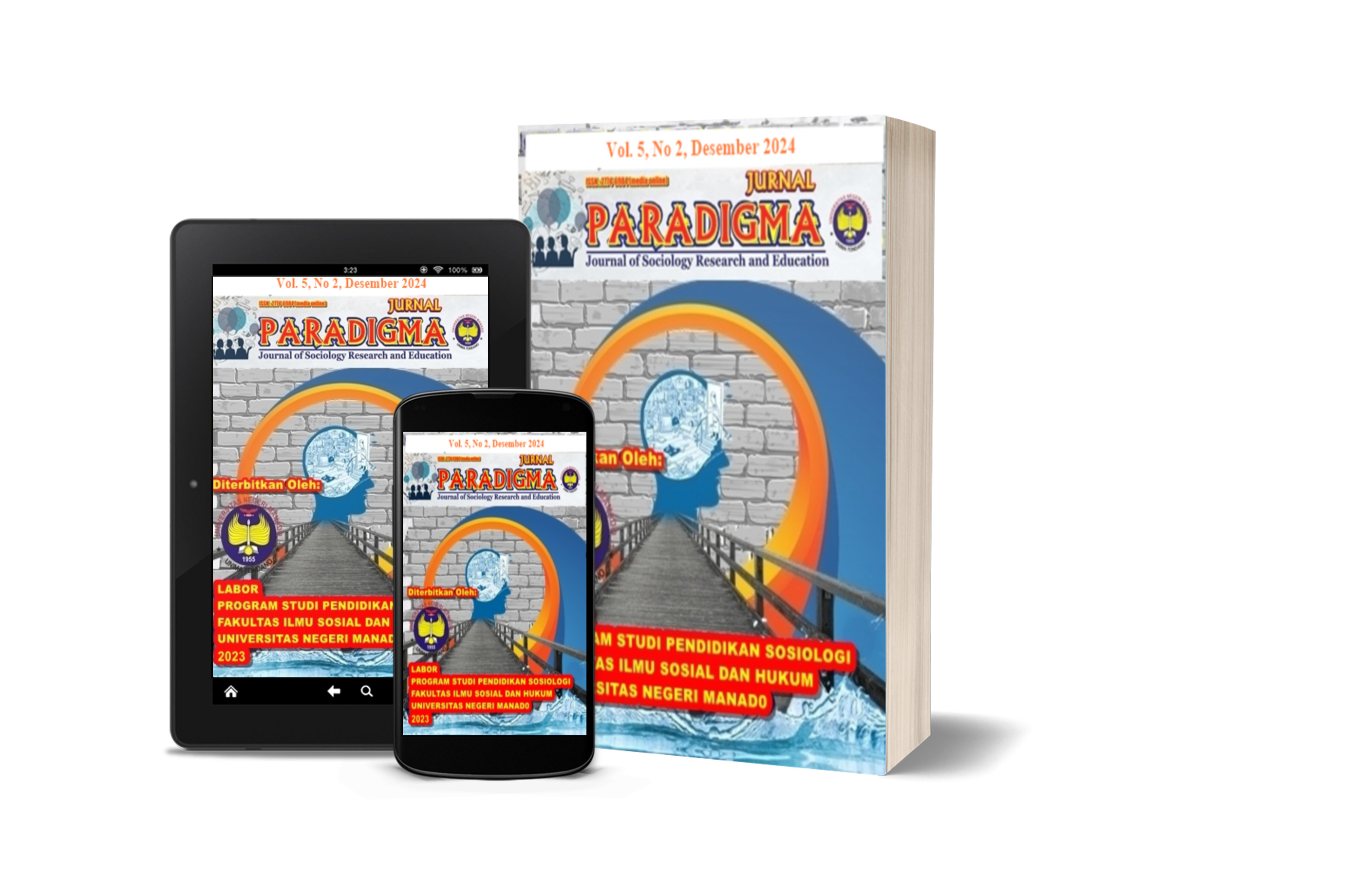The Effectiveness of Range Of Motion ROM Exercises in Reducing Pain and Improving Social Function in Patients with Knee Osteoarthritis
DOI:
https://doi.org/10.53682/jpjsre.v5i2.10504Keywords:
Effectiveness, Range Of Motion (ROM), Reducing Pain, Improving Social Function, Patients with Knee OsteoarthritisAbstract
This study aims to analyze the effectiveness of Range of Motion ROM exercises in reducing pain and improving social function in patients with knee osteoarthritis and to identify factors that influence the success of ROM program implementation The study used a qualitative approach with a systematic literature study method Data were collected through searches in the electronic databases PubMed Scopus and CINAHL with the inclusion criteria of primary research articles in 2019 2024 Data analysis was carried out thematically using NVIVO software and quality assessment using the Mixed Methods Appraisal Tool An effective ROM program includes a duration of 30 45 minutes per session with a frequency of 3 4 times per week showing a significant decrease in pain after 4 6 weeks of implementation Improved social function is seen through active participation in community activities and better social interactions Key success factors include program personalization early professional supervision and family support Understanding of the effectiveness of ROM is reinforced by nursing and sociological theories that emphasize the importance of a holistic approach in the management of knee osteoarthritis < p>
References
Anderson B Davis R 2023 Understanding the Social Impact of ROM Exercise in Knee Osteoarthritis Management Journal of Advanced Nursing Practice 15 3 245 260
Brown K Thompson L Wilson M 2023 Symbolic Interactionism in Physical Rehabilitation: A New Perspective Sociology of Health Illness 42 2 178 192
Cooper J Wilson S 2023 Systematic Review Methods in Healthcare Research: A Comprehensive Guide Research Methodology Quarterly 28 4 412 428
Davis R Martinez K 2023 Evidence Based ROM Exercises for Osteoarthritis: A Literature Review Physical Therapy Journal 45 2 156 170
Garcia M Smith P 2023 Adaptation Theory in Chronic Disease Management Nursing Science Quarterly 36 1 67 82
Johnson R Brown T 2023 Quality Assessment Tools in Healthcare Research Journal of Research Methodology 19 2 89 104
Johnson R Lee M 2023 The Human Becoming Theory in Chronic Pain Management Nursing Theory Journal 31 4 278 292
Martinez L Garcia R Thompson S 2023 Comfort Theory Applications in Osteoarthritis Management Journal of Nursing Research 25 3 189 204
Miller J Roberts K 2023 Social Support in Chronic Disease Management Journal of Social Health 38 2 145 160
Roberts T Lee S 2023 PRISMA Guidelines in Healthcare Literature Reviews Research Methodology Journal 22 1 45 60
Thompson R Davis M 2023 Inclusion Criteria Development in Systematic Reviews Research Methods in Healthcare 17 4 234 248
Wilson R Thompson J 2023 Self Care Theory in Osteoarthritis Management Journal of Nursing Theory 29 2 123 138 Cultural Care Theory and Practice Journal of Transcultural Nursing 34 2 112 123
World Health Organization 2022 Global Health Disparities Report Geneva: WHO Press















